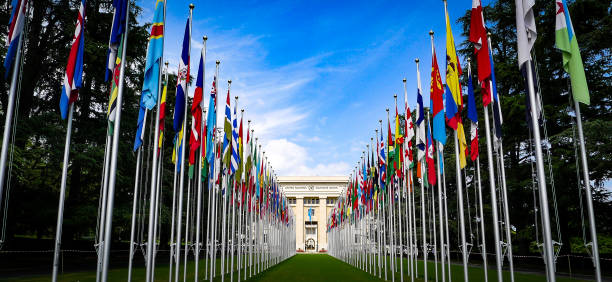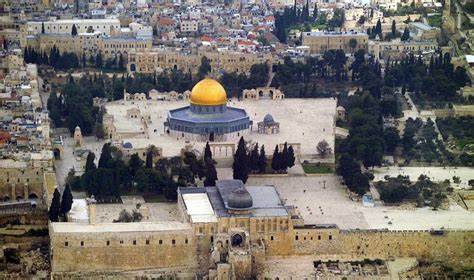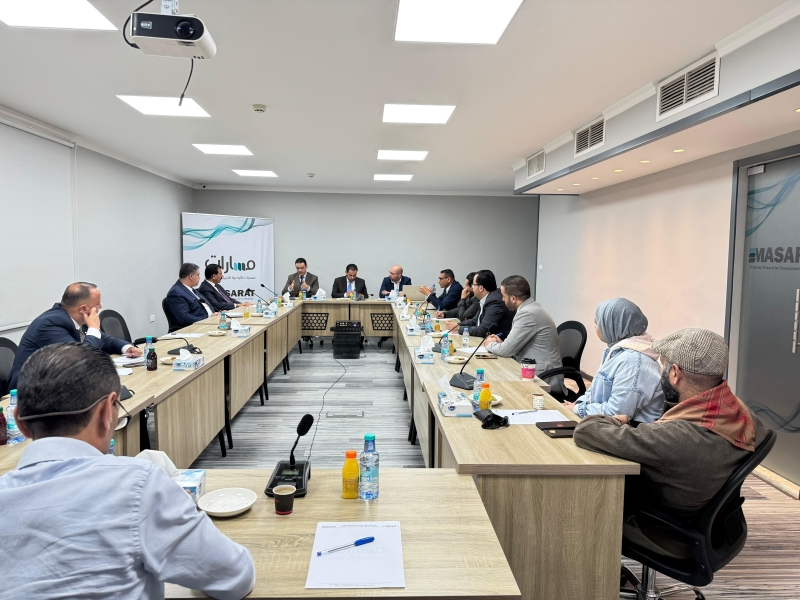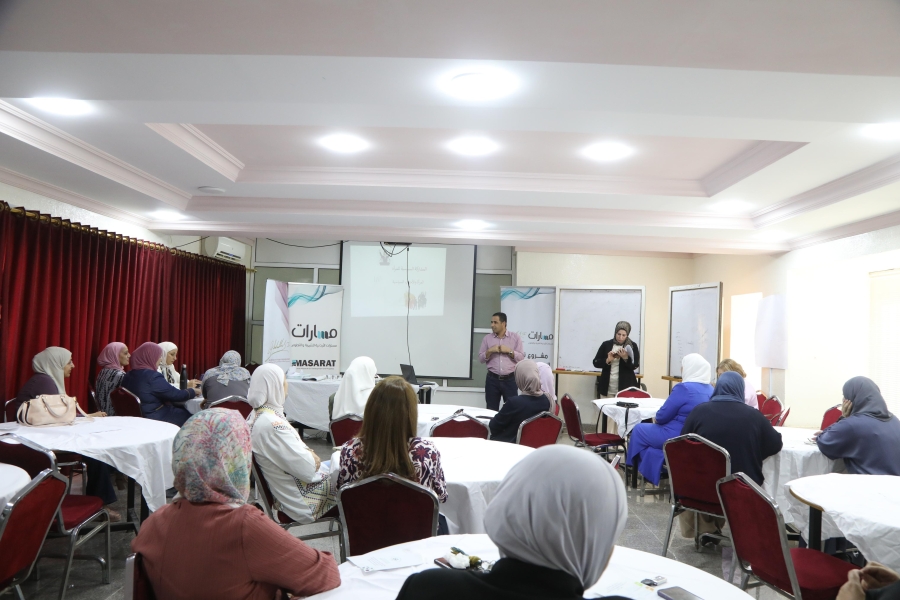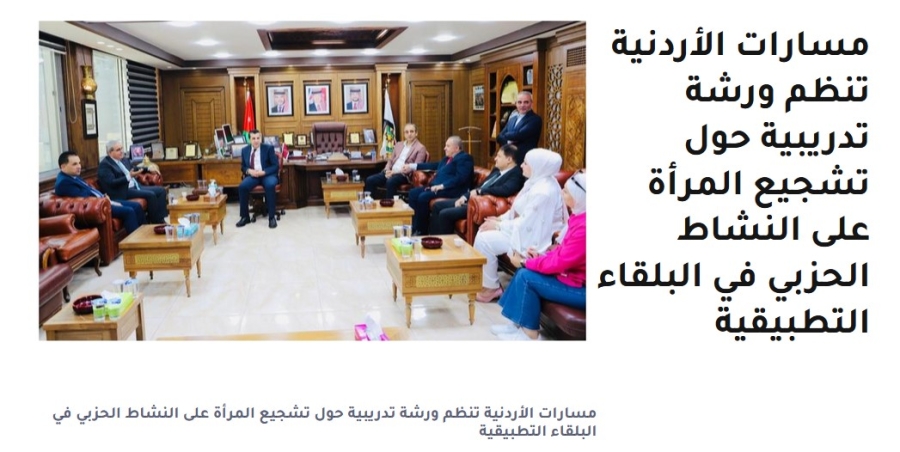During a symposium at "Masarat"... the official and popular Jordanian position is honorable and they call for a national project that will fortify the kingdom
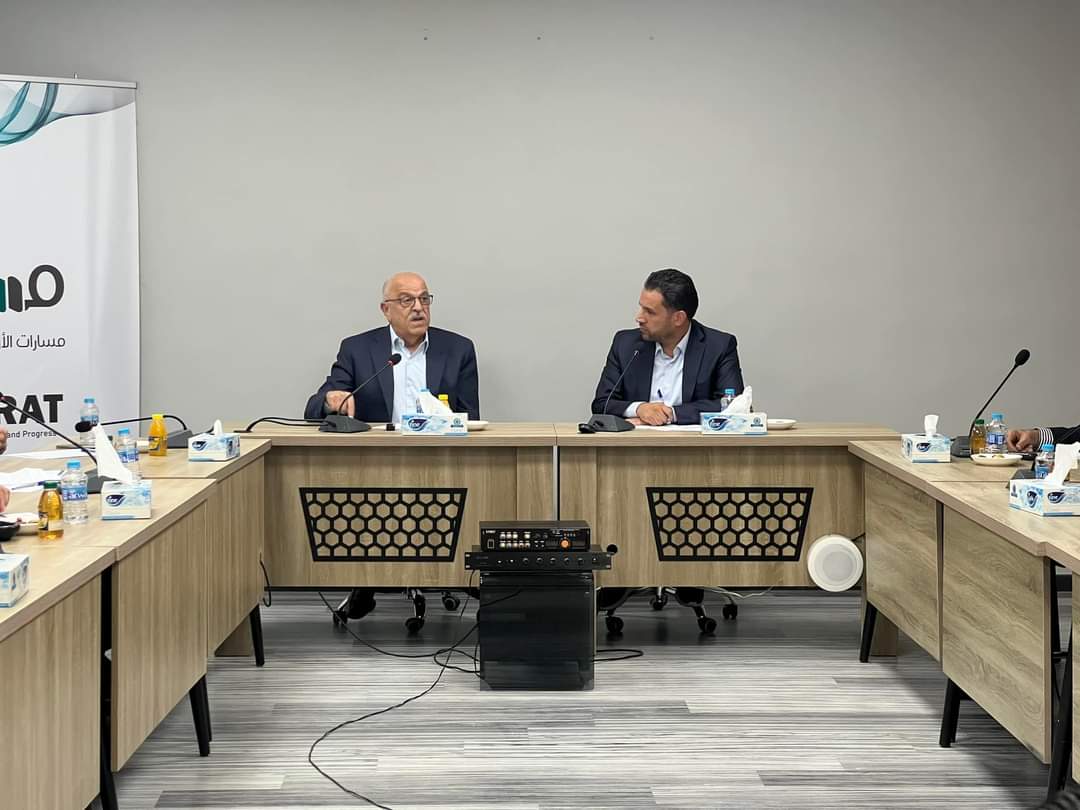
Jordanian Politicians Praise King Abdullah II's Role in Addressing Gaza Crisis
Jordanian politicians have commended the stance of King Abdullah II regarding the recent events in Gaza, highlighting his wisdom in drawing international attention to the suffering of Palestinians due to the brutal Israeli attacks on civilians in Gaza.
During a dialogue session organized by the Masarat Jordanian Foundation for Development and Training, former Deputy Prime Minister and Senate member Dr. Rajai Al-Muasher, along with other prominent Jordanian political figures, emphasized that Jordan's position reflects the shared blood, unity, and national interest in stopping violence in Palestine.
Masarat's Role in Highlighting Jordan’s Efforts
Talal Ghoneimat, Executive Director of Masarat, chaired the session, lauding King Abdullah II’s ongoing diplomatic efforts since the start of the crisis, including his intensive communications with leaders across the Arab and Western worlds. These efforts aim to convey the gravity of the events in Gaza and emphasize the need to end the violence and return to negotiations.
Ghoneimat also praised the solidarity expressed by Jordanians through protests and rallies, which sent a clear message to the international community about the dire situation in Gaza and the killing and displacement of Palestinians.
Insights from the Session
Dr. Rajai Al-Muasher: Global Interests and the Palestinian Cause
Dr. Rajai Al-Muasher pointed out that some countries use the Palestinian cause for their own interests, specifically mentioning Iran and Turkey.
-
Iran’s Role:
He highlighted how Iran, by portraying itself as a resistance force against Israel, has built military influence in Syria and expanded its regional reach. Despite this, Iran and Hezbollah remain passive during attacks on Gaza, raising questions about their commitment to the resistance. -
Turkey’s Actions:
He criticized Turkey for exploiting the Palestinian cause to improve its relations with Arab countries while continuing to strengthen economic and strategic ties with Israel.
Jordan’s Unique Position:
Al-Muasher emphasized that unlike other countries, Jordan addresses the Palestinian cause with sincerity, seeing it as a shared national issue and a matter of unity. Jordan maintains clear "red lines" regarding Palestinian migration, the alternative homeland concept, and the status of Jerusalem.
He also praised King Abdullah II's speech at the Cairo Summit for its clarity and direct condemnation of Israel, describing it as a rare instance among Arab leaders.
Key Observations on Israel’s Weakness:
Al-Muasher noted that Israel relies heavily on Western and U.S. support, which underscores its inherent weakness. He added that the Palestinian resistance demonstrates that Israel cannot eliminate movements like Hamas, as these are rooted in the Palestinian spirit of resistance.
Additional Perspectives
Hail Obeidat:
Obeidat highlighted Jordan’s historical sacrifices for the Palestinian cause, such as in the battles of Bab Al-Wad and Karameh. He criticized the global media's systematic bias and attempts to conceal the realities in Gaza.
Reem Marayaat:
The member of the Political System Modernization Committee emphasized that no power can defeat a determined and resistant people. She called for utilizing media platforms to raise awareness about Palestinian rights and highlighted King Abdullah II's alignment with the sentiments of the Jordanian public.
Waleed Al-Masri:
The former Minister of Local Administration pointed out the importance of self-reliance for Jordan in light of diminishing Arab solidarity. He underscored the need for a national project to counter external threats.
Tharwat Al-Musalha:
The former commissioner criticized normalization steps between Israel and some countries, highlighting the unique Jordanian stance that prioritizes Palestinian unity and the cessation of violence.
Omar Kilab:
The political analyst stressed that Hamas's role isn’t about defeating Israel but raising the cost of the occupation. He urged Jordan to adopt a proactive approach by mediating Palestinian reconciliation.
Ibrahim Al-Bedour:
The Senate member noted that the conflict has shown the centrality of the Palestinian issue to regional peace. He questioned what further steps Jordan could take to support Palestinians without destabilizing its own position.
Nabeel Gishan:
The political analyst described the events in Gaza as unprecedented and transformative, calling for continued public demonstrations as a form of state strength. He also praised King Abdullah II’s strong rejection of forced displacement.
Hussam Gharaibeh:
The journalist called for rebuilding Jordanian society and fostering stronger ties with all Palestinian factions, urging the government to maintain internal unity during protests and demonstrations.
Hassan Hattab:
The lawyer announced that Jordanian lawyers are preparing to submit a case to the International Criminal Court regarding war crimes committed by Israel in Gaza, with plans to file it next week.
The session reflected Jordan's steadfast stance on the Palestinian issue and its efforts to address the ongoing humanitarian crisis in Gaza through diplomatic, social, and legal avenues.


